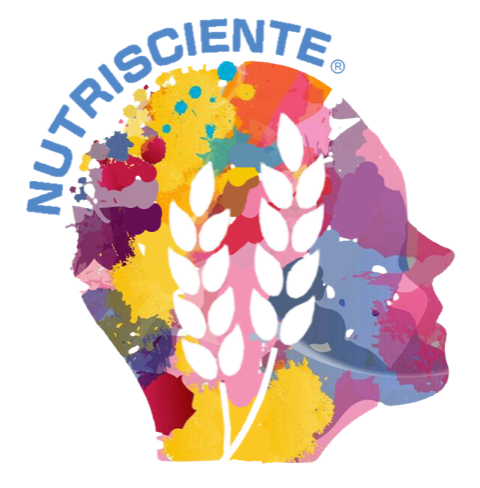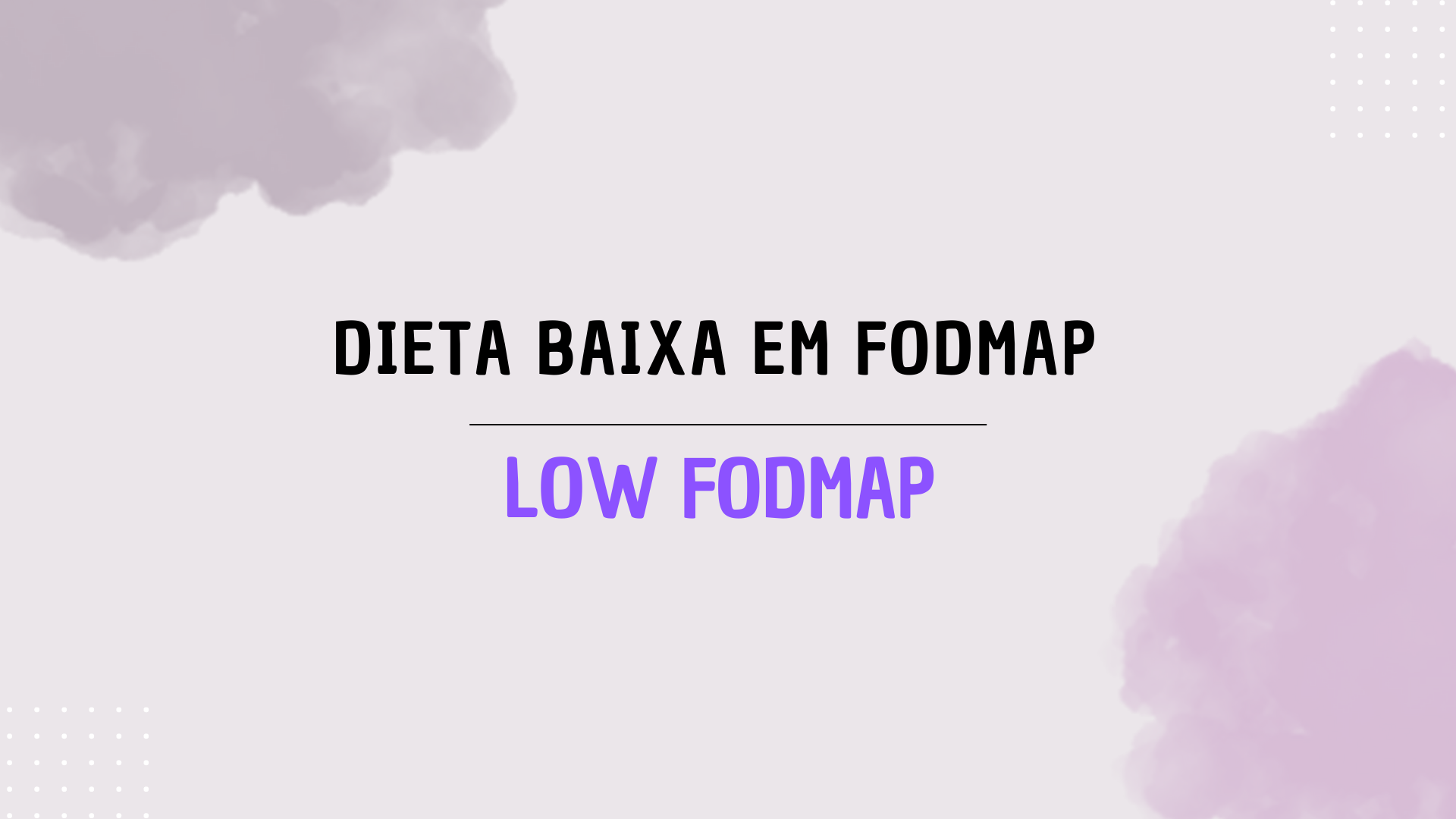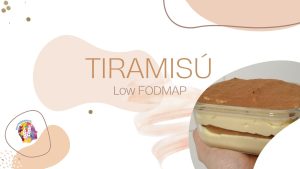Around 2005 it was proposed that short-chain carbohydrates could aggravate the symptoms of various digestive conditions, such as inflammatory bowel disease (IBD) and irritable bowel syndrome (IBS). Why? Well, because as fermentable short-chain carbohydrates are not well absorbed in the small intestine, they are transported to the large intestine where they end up being fermented by the bacteria present, giving rise to distension, flatulence, pain and bloating. The need arose to define and structure a specific diet for IBS – the low FODMAP diet.
The acronym FODMAP comes from the terms fermentable (F), oligosaccharides (O), disaccharides (D), monosaccharides (M) and (A) polyols (P), which are known subgroups of short-chain carbohydrates. FODMAPs can be found in a wide variety of foods, including fruits, vegetables, cereals (wheat, rye, barley, oats, buckwheat), products with lactose, onions, garlic, artichokes, mushrooms, legumes, soy products, oilseeds, seeds, honey, artificial sweeteners and beverages.

However, this is a restrictive diet, which should not be promoted without a diagnosis of IBS and, even involving a diagnosis, should be based on pre-established criteria. All monitoring of this diet should be monitored by a Certified Low FODMAP Dietitian, which you can find in the Monash University directory. Nutrisciente® is part of this directory.
The diet involves 3 phases:
1st Phase: elimination of foods high in FODMAP
2nd Phase: Reintroduction (or the experiences as I like to call it)
3rd Phase: Personalisation of the diet
Find out more about each phase in our full YouTube video.
This is not a diet that should last more than a year, or be done once in a while, but should be done step by step and for a maximum duration of 18 to 19 weeks, although it can be done in a shorter time.
This diet is also not only for people with IBS. It can be used, if appropriate, for people diagnosed with IBD, or having IBD and also having IBS. Various studies indicate that it may also be applicable with diagnosed endometriosis and other conditions that are being investigated.
Nutrisciente® (Registered Trademark). ALL RIGHTS RESERVED ©.




